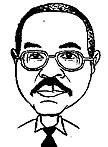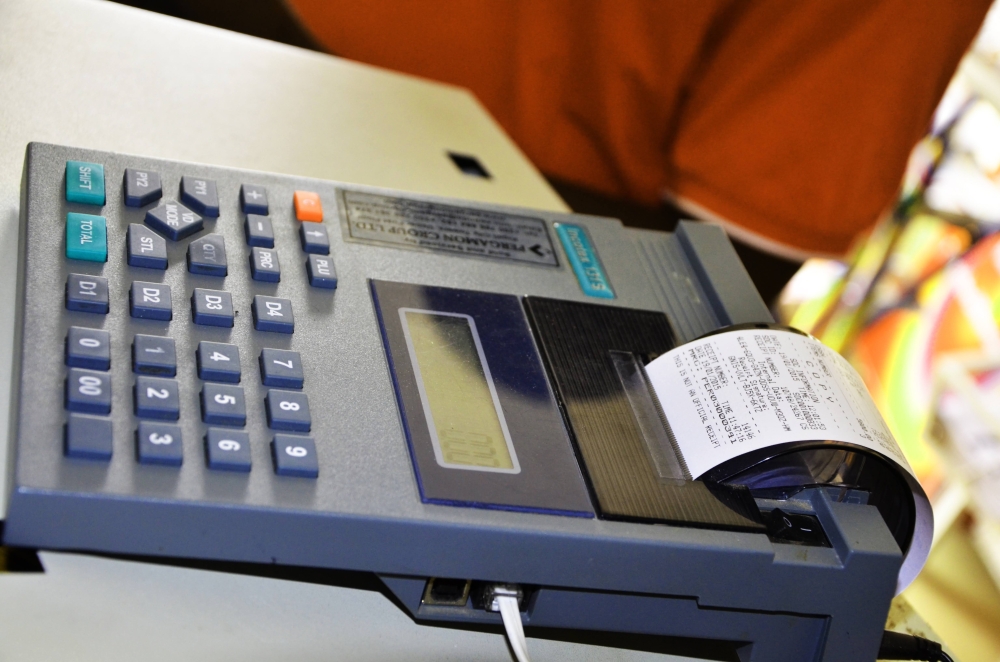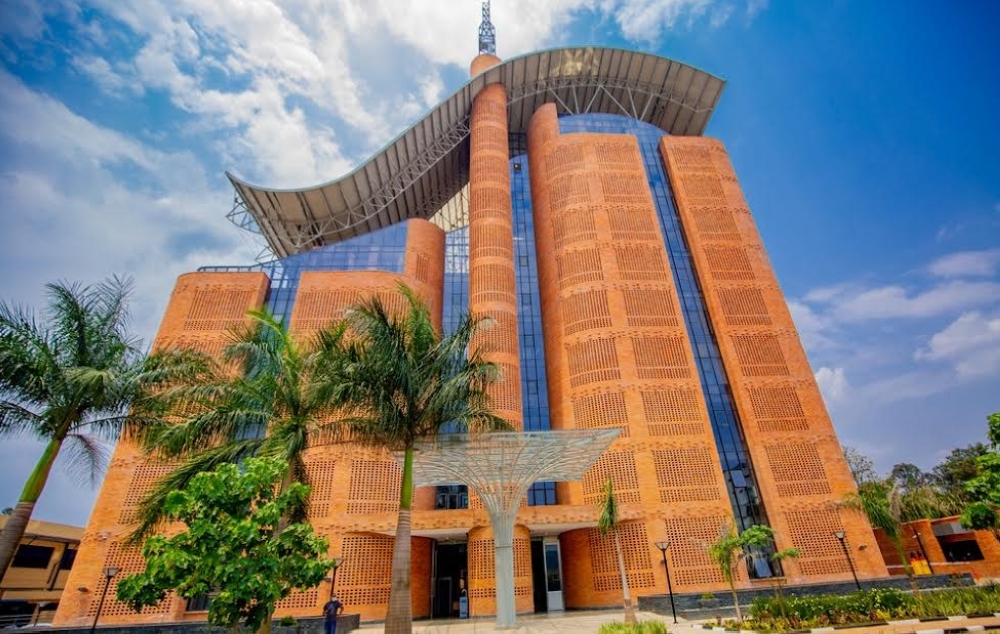The Radio. The way the radio has become ubiquitous today, you’d be tempted to think that this has always been the case. When I first sighted the thing that I was later to learn was called a radio, I could not make sense of it.


The Radio. The way the radio has become ubiquitous today, you’d be tempted to think that this has always been the case. When I first sighted the thing that I was later to learn was called a radio, I could not make sense of it. It was in 1957, at the slopes of Mount Muhabura. One time that year, when my old man went to visit the Belgian customs officer at the Canika border post, northern Rwandan border with Uganda, I tagged along. We were shown where to sit and wait for the man of the house but my bottom missed the chair and I hit the floor instead. I struggled up to ease my bottom onto the chair properly but I was still distracted because I was looking everywhere for the owner of the voice I was hearing. Where was this Vanduruwera, the customs officer? I could hear his voice but could not see the man. He was a regular visitor to our home and he used to often pat my head fondly, but I wouldn’t have said that I knew the sound of his voice. I was only sure that it was his because he was the only one in the region who spoke French, when he was not speaking to my old man, Surushefu. To Surushefu, Vanduruwera used to speak Kiswahili. So, that meant that he was talking to a fellow Belgian in the room. Yet I could see neither of them!Then he emerged from another room and, on seeing us, exclaimed: "Oh, habari Sushef!” For some reason, Vanduruwera had never learnt how to pronounce my old man’s title the way we did. Most probably due to his little knowledge of Kirera/Kanyarwanda, I’d concluded. After shaking Surushefu’s hand, he proceeded to pass his hand over my head as he said: "Petisava?” But I was not paying much attention as I continued to look around in bewilderment. Even as he spoke to Surushefu, the voice continued uninterrupted! I traced the voice to a box in the room and concluded that there was someone sitting and talking to someone else, behind the box. Today, of course, I know that the voice was from a radio. I know also that "Vanduruwera” was a Kinyarwanda corruption of the customs officer’s name. Perhaps the true Belgian name was "Van der Waals”. My old man’s title was "Sous Chef”, not "Surushefu”. And "Petisava” was "Petit, ça va?” By passing his hand over my head, Vanduruwera was actually trying to pass his hands through my hair, the way White grown-ups do to their long-haired children. Considering the way he used to wince every time he made the mistake of doing it, however, I’m sure my short, sharp hairs used to cut his hands!Anyway, the radio. That time a radio was a treasured possession and it took pride of place in the sitting room. In Vanduruwera’s sitting room, one corner was for dining table chairs, without a table (sofa sets were non-existent). The other corner was for a dining table sans chairs. In between them, against the wall in the centre, the cabinet that answered to the name radio proudly sat, flanked by two car batteries that powered it. From the radio rose a big cable that wound its way up to the roof where it was hoisted on a wooden support. Those projectiles (aerials) that jutted out from tiled roofs belonged to Belgians only, for no native (endijene) owned a radio.It wasn’t until the 1960s that we started seeing smaller radios, powered by two cells that were inside the radio and were replaced regularly. This was in Bufumbira, Uganda. Soon the number of radios grew and ingenious people even began to make them ‘mobile’. All you needed was to go to a tailor who’d make a bag to the measurements of your radio. Then you’d put your radio in the bag and hang it around your shoulders while walking or, even, riding a bicycle. By 1969, radios had mushroomed and, even if you didn’t have one, you could go to a neighbour and listen to an interesting programme. This is the time some of us had acquired some sketchy knowledge of the English language and could listen to programmes in English. That is how I got hooked to programmes on BBC: apart from news and discussion programmes, there were programmes like ‘Letter From America’, ‘From Our Own Correspondent’, ‘Outlook’, ‘Global Business’ and many others that are still gems today.Alas, BBC’s concern of being of use to Rwandans is turning out to be the proverbial curate’s egg, for some of us addicts: while many Rwandophone and Francophone listeners are happy that the radio has introduced programmes in the two languages, it has meant that the time allocated to our favourite programmes has been taken over by programmes in these languages.All Rwandans are happy that their country is being given much-needed exposure, with "And in Kigali, on 93.9 FM!” on top of every hour, but may the BBC fathers/mothers remember the few of us who treasure those programmes. Still, the radio is here to stay and, to us fanatics of those programmes, BBC will remain bull of the kraal for the long haul!




